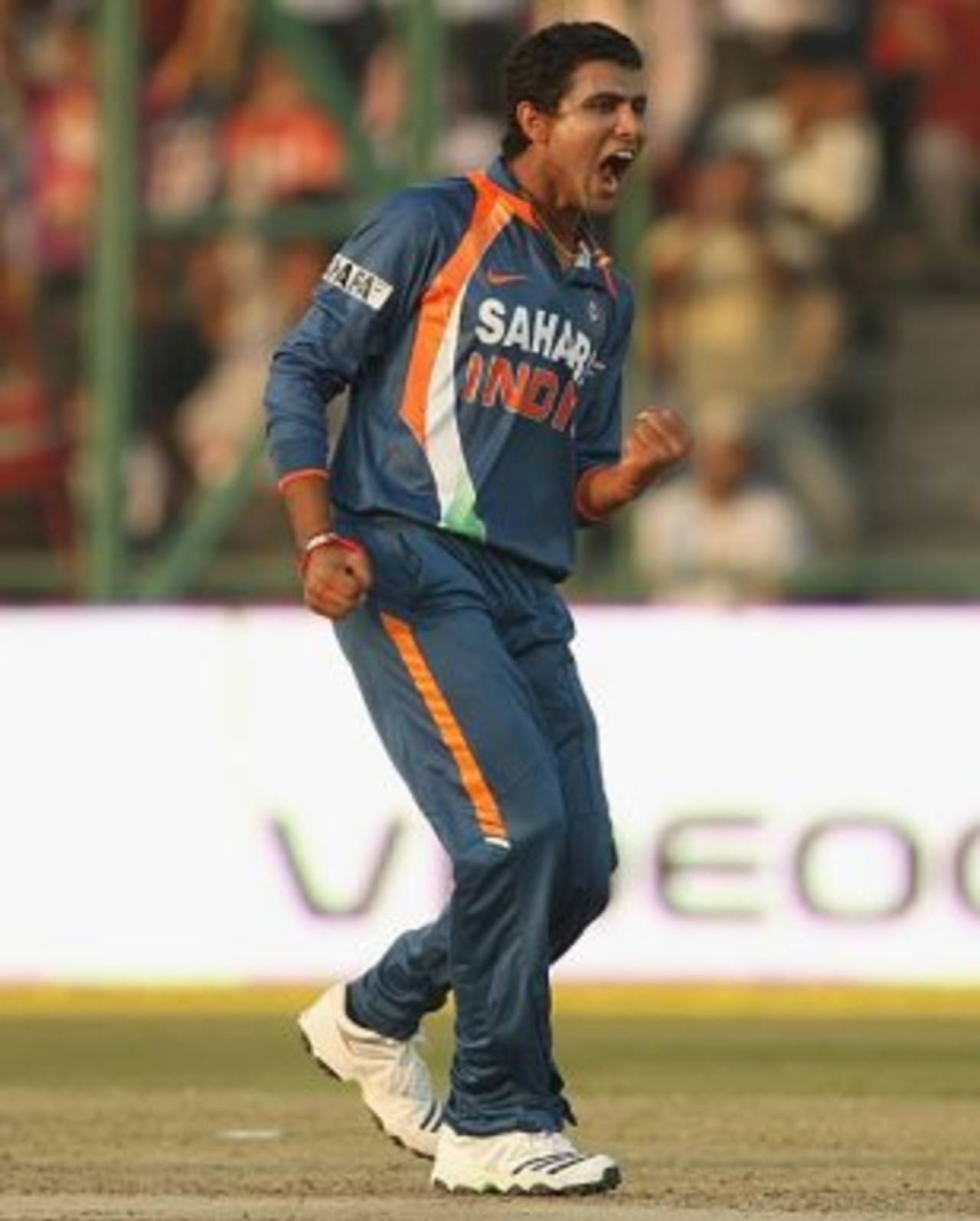The Indian taxman's scrutiny of the mess surrounding the IPL is not necessarily limited to the league's officials, franchise owners/managers and partner companies. It is understood the income-tax department is also acting on information of certain players receiving illegal payments from their employers.
A specific episode under assessment goes back to August 2009, when the IPL announced an
amnesty scheme for players linked with the unauthorised Indian Cricket League (ICL). Former ICL players who had no international cricket experience were allowed to be signed on by IPL franchises for an annual fee of between Rs 8-20 lakh ($18,000-45,000).
There are reports that at least two franchises breached this salary cap and paid individual players in excess of IPL stipulations. The extra payment was made in cash. It is believed in some cases the quantum of 'black money' payments was substantial and almost doubled the cricketer's fee.
The IPL imposes salary caps on various categories of cricketers. The ICL amnesty scheme is one example. Players from the Indian squad that won the 2008 ICC Under-19 World Cup were also restricted in what they could earn in a season, depending on their first-class or international experience.
Yet, as became evident during the recent Ravindra Jadeja investigation, this regulation was not considered sacrosanct. The Rajasthan Royals cricketer admitted to negotiating with two franchises to play IPL's third season for a fee of Rs 2 crore ($450,000). Under the IPL rules, he was entitled to only Rs 40 lakh ($90,000). It is unclear how the incremental payment would have been made, had the deal gone through.
Suspicions of a tax dodge by cricketers, with the active collaboration of their franchises, may only be the tip of the iceberg. The issue of salaries and salary ceilings is likely to enmesh the IPL in greater controversy in the coming months. In some respects, it is a microcosm of all that is wrong with the manner in which the league has been run. There are perceptions of the law having been broken - as in the case of the cricketers under scrutiny - as well as conflict of interest issues. Whether irregularities or merely angularities, the IPL will need to address these.
When the IPL began in 2008, each team was allowed to spend $5 million a year to hire cricketers. For the 2011 season - and beginning with the big auction planned for October 2010, which will see franchises populate their squads for the 2011-13 period - this limit has been raised to $7 million.
The idea behind a salary cap was to equalise competition and not give an opportunity to any one franchise, with extensive cash resources, to buy out the best players and use money power to dominate the tournament.
The logic was strong and the precedent of the English Premier League (EPL) was there to learn from. In the EPL, teams like Aston Villa and Fulham tend to do well and finish in the first half of the table - but they never win. On the other hand, a Manchester United and a Chelsea are in serious contention for the title year after year. The difference between the two sets of teams is their bank balance.
At least in the early years of the IPL, the league authorities were concerned about games or even a full season becoming lopsided and final positions predictable. Today this 'equalisation' principle is in danger of being subverted by not just cash payments - over and beyond official salaries - but also other perquisites offered by some franchises to key cricketers. This has been particularly so in case of franchises wholly or largely owned by business corporations.
BCCI officials have been worried about instances of regular 'jobs' being offered to cricketers by the mother company of their franchise. Earlier this week, another conundrum was thrown up when England batsman Kevin Pietersen was announced as the ambassador of the Whyte & Mackay brand of whiskeys.
At one level, this is a perfectly understandable endorsement arrangement. Pietersen is one of the finest cricketers in the world. He has name recall in India, is of South African origin and plays for England. All of these are markets Whyte & Mackay executives said they were focused on, and the Pietersen stamp would help.
However, Pietersen bats for the Bangalore Royal Challengers in the IPL. The Bangalore IPL franchise has been bought by the same business group that owns Whyte & Mackay. Is there a conflict of interest here?
It's a tricky question and it is plausible that the two motivations - hiring Pietersen as a player for a cricket team and as an ambassador for a whisky brand - are different.
Nevertheless the IPL is also at the cusp of fervid inter-season lobbying and negotiation as teams try and retain talent and persuade star cricketers to possibly drop out of the October auction and stay on with the old franchise. Salaries will be discussed; the equivalent of loyalty bonuses and golden handcuffs could figure in the conversation.
How does Pietersen's endorsement of a sister brand of the Royal Challengers fit into this? Will it give other cricketers and other franchises ideas? How does it square up with IPL's 'equalisation' norm? At some stage before Season IV, those questions will have to be clarified.
Ashok Malik is a freelance journalist based in Delhi
